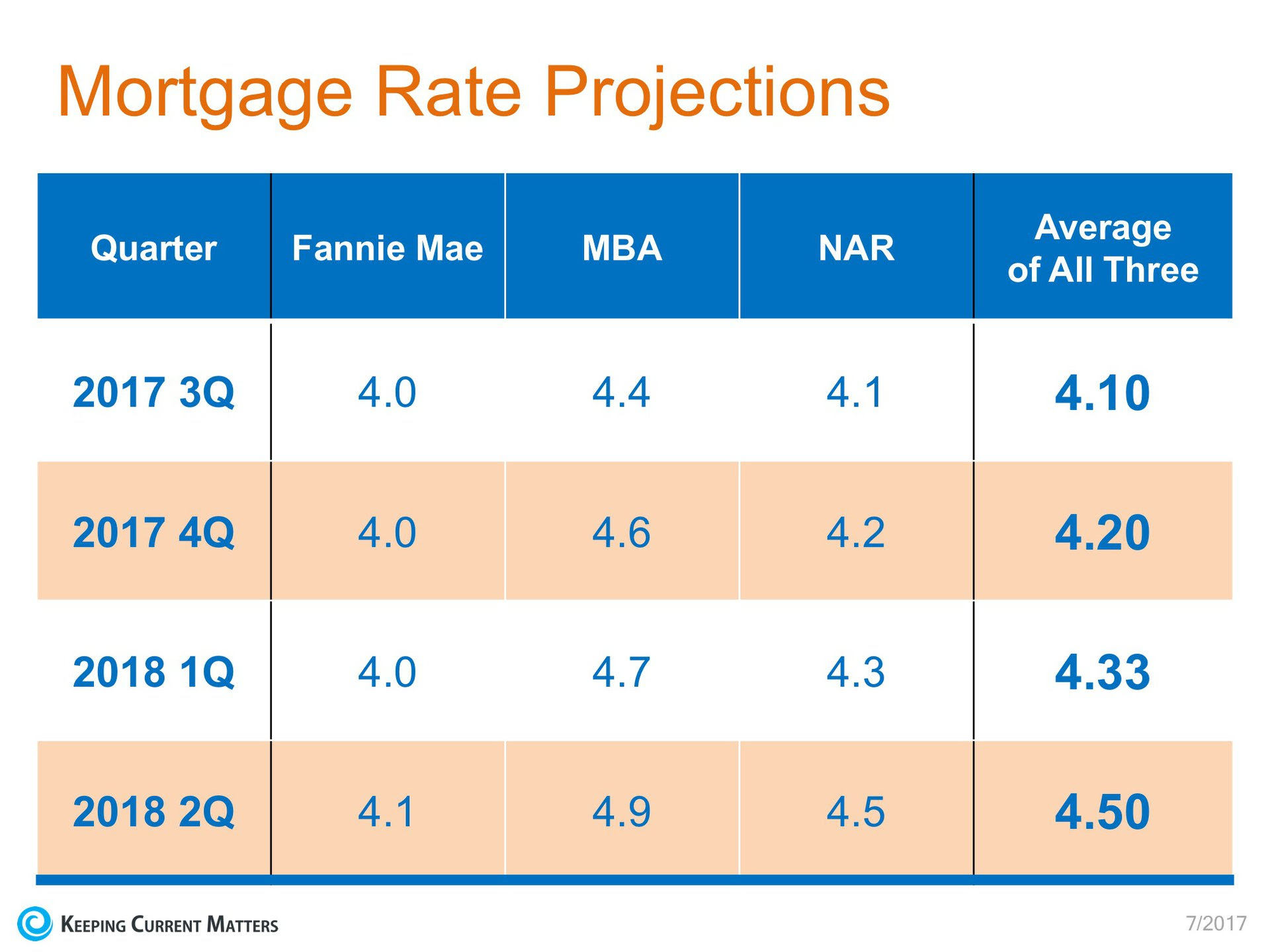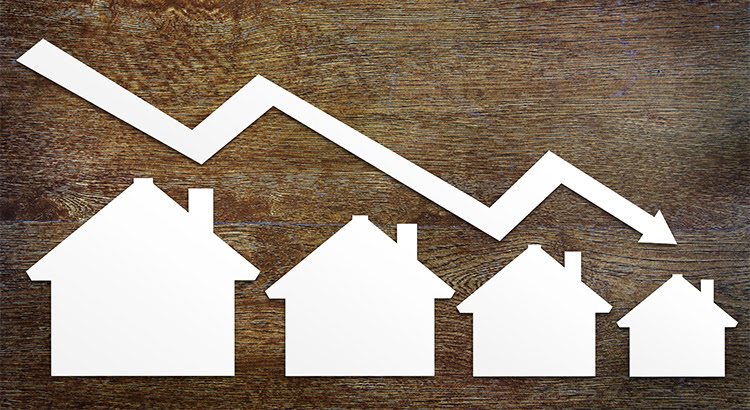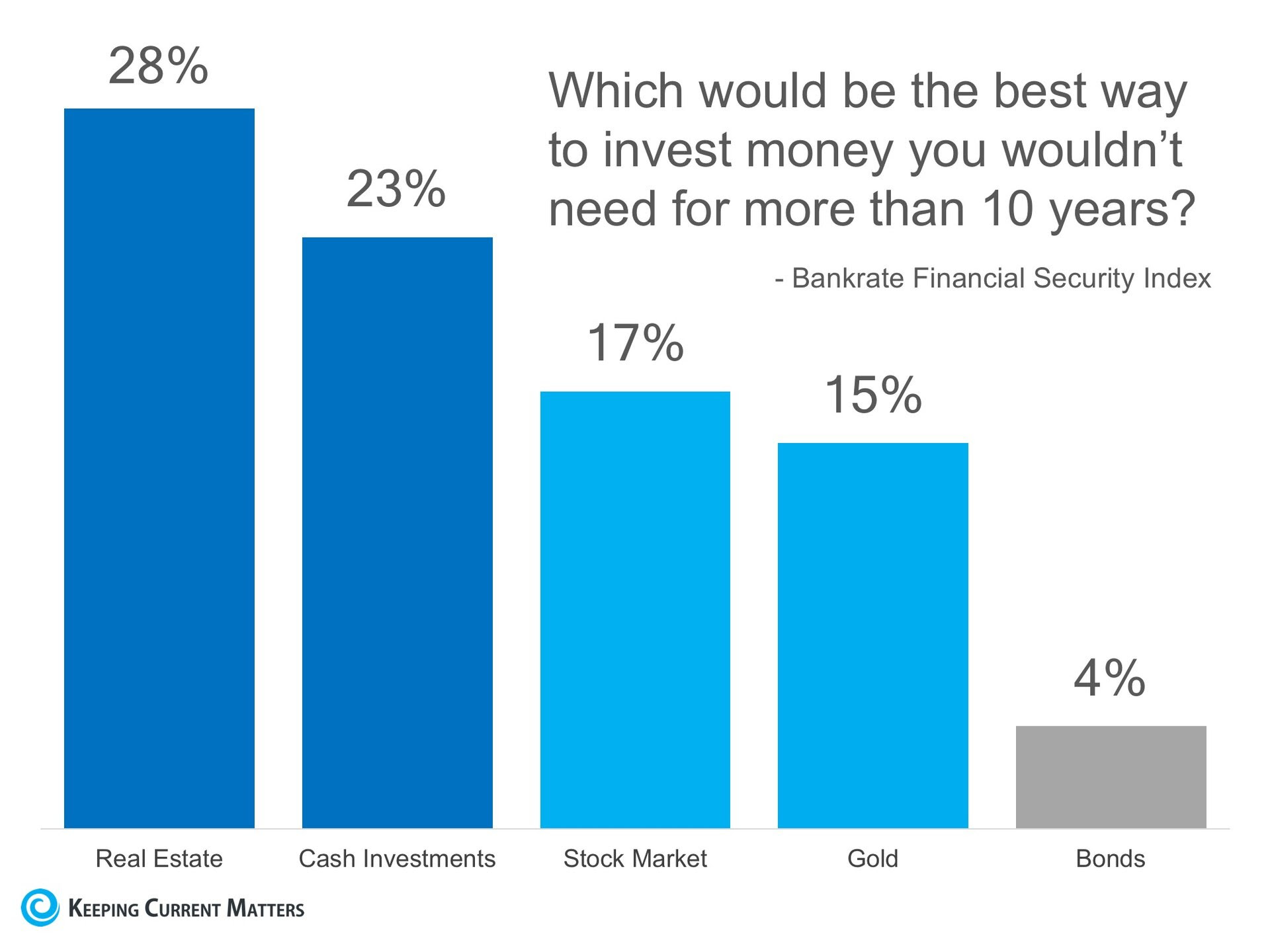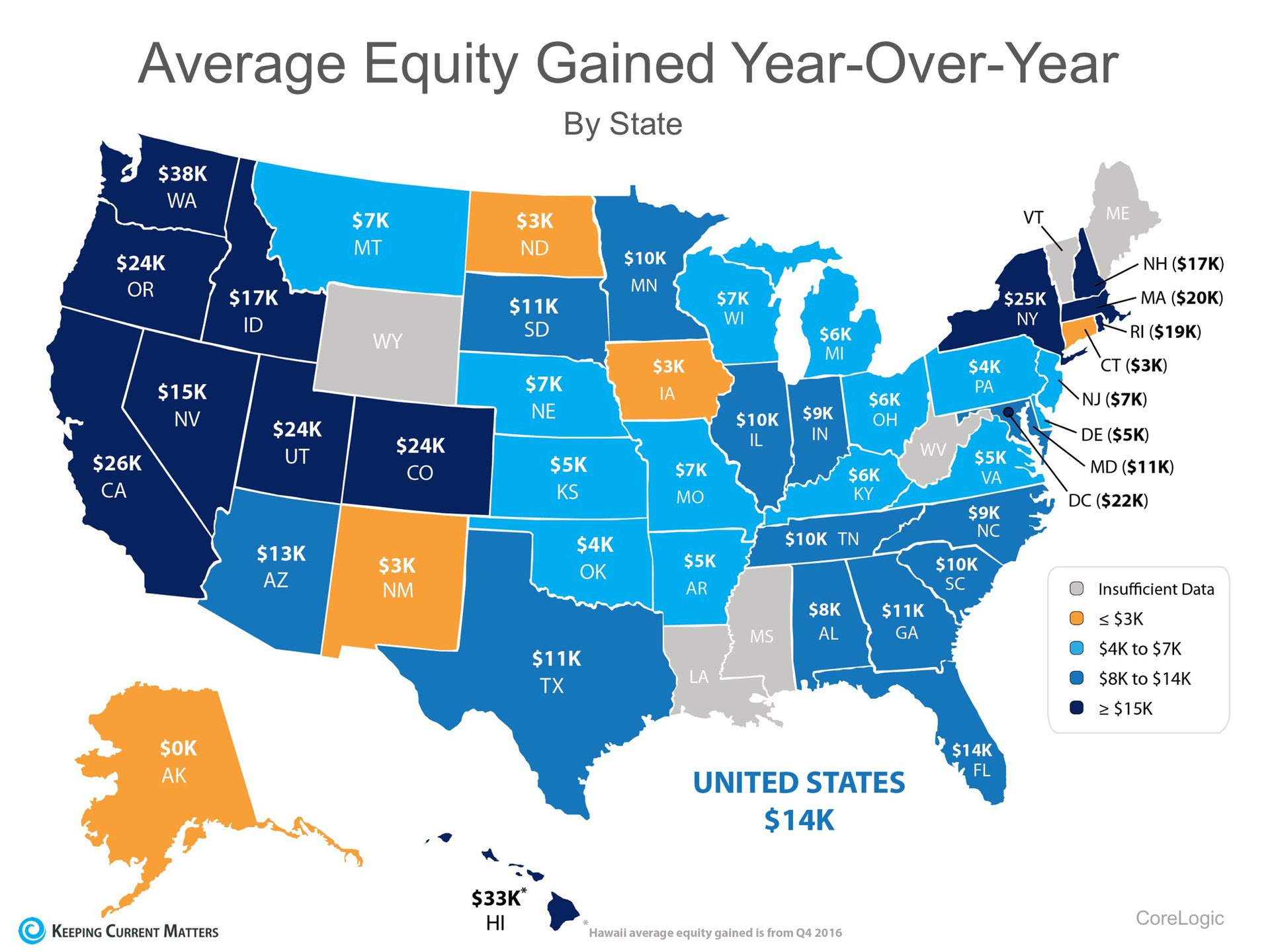If you are debating purchasing a home right now, you are probably getting a lot of advice. Though your friends and family will have your best interests at heart, they may not be fully aware of your needs and what is currently happening in the real estate market.
Ask yourself the following 3 questions to help determine if now is a good time for you to buy in today’s market.
1. Why am I buying a home in the first place?
This is truly the most important question to answer. Forget the finances for a minute. Why did you even begin to consider purchasing a home? For most, the reason has nothing to do with money.
For example, a
survey by
Braun showed that over 75% of parents say,
“their child’s education is an important part of the search for a new home.”
This survey supports a study by the Joint Center for Housing Studies at Harvard University which revealed that the top four reasons Americans buy a home have nothing to do with money. They are:
- A good place to raise children and for them to get a good education
- A place where you and your family feel safe
- More space for you and your family
- Control of that space
What does owning a home mean to you? What non-financial benefits will you and your family gain from owning a home? The answer to that question should be the biggest reason you decide to purchase or not.
2. Where are home values headed?
According to the latest
Existing Home Sales Report from the
National Association of Realtors (NAR), the median price of homes sold in May (the latest data available) was $252,800, which is up 5.8% from last year. This increase also marks the 63rd consecutive month with year-over-year gains.
If we look at home prices year over year,
CoreLogic is
forecasting an increase of 5.3% over the next twelve months. In other words, a home that costs you $250,000 today will cost you an additional $13,250 if you wait until next year to buy it.
What does that mean to you?
Simply put, with prices increasing each month, it might cost you more if you wait until next year to buy. Your down payment will also need to be higher in order to account for the higher price of the home you wish to buy.
3. Where are mortgage interest rates headed?
A buyer must be concerned about more than just prices. The ‘long-term cost’ of a home can be dramatically impacted by even a small increase in mortgage rates.
The Mortgage Bankers Association (MBA), NAR, and Fannie Mae have all projected that mortgage interest rates will increase over the next twelve months, as you can see in the chart below:
Bottom Line
Only you and your family will know for certain if now is the right time to purchase a home. Answering these questions will help you make that decision.





![Singles Are Falling for Their Dream Home First [INFOGRAPHIC] | Keeping Current Matters](https://blogger.googleusercontent.com/img/proxy/AVvXsEjLw0EaTl2gcv6gdv5S9pRM3_fCk3LpDHT6c5mKelI-0lTU2GnfgEm69PmqF-vRU8rQrOVgEV37uxsf-1SjvUee3_m0qCEk51p9szff-9qsf1UDy9VOgDKAbaC43Cn5ASbdoXmdpX0VqPDB-fbOGqnFIP4T4Ln49haAZd8Vkn2xmDLHROkluTiJz3JPuwR_6eclj2NNLTW71ZMfheCtydp9K1Fzswr-1J1NQCk=s0-d-e1-ft)








![20 Tips for Preparing Your House for Sale [INFOGRAPHIC] | Keeping Current Matters](https://blogger.googleusercontent.com/img/proxy/AVvXsEjtX26JktMrPk1t_UKUa-_Hj6uLG0s-I-HbDf6fHsIXlFTU_gaX5i7YkPlH8aQj4QIEjEfS1Ru_mBiuYqa2RZErI9qf_4oVL1XZAuTXQmKpzUYrpE4w_9t4lzfGJapS8i3TISp-EkVUM1ZCYRnwcfrYaj3cvDJrZ3hOHkGx1d7u1MpSOInLKmFDS0kascooGExvqJvUMtP4BbhJico-MoU_5lo9HjwntahsrQ=s0-d-e1-ft)
